At Harington, we believe that adopting DataOps has become essential for companies that want to maximize the value of their data. DataOps, or ‘Data Operations,’ encompasses a set of practices aimed at automating, optimizing, and securing data flows, from collection to consumption.
Why DataOps is Now Essential ?
With data at the core of all strategic decisions and a source of business innovation, companies face growing challenges related to managing their data flows. Data silos, inefficient manual processes, and collaboration difficulties hinder the optimal use of data.
DataOps provides a structured solution to overcome these obstacles by:
- Improving data quality: By automating data cleaning, validation, and transformation tasks, DataOps ensures the reliability and consistency of information crucial for decision-making.
- Accelerating data availability: By optimizing data flows and reducing processing times, DataOps enables business teams to quickly access the necessary data, thereby enhancing responsiveness and agile decision-making.
- Promoting data collaboration and governance: By standardizing processes and facilitating knowledge sharing between teams, DataOps enhances data governance and fosters better collaboration.
- Reducing costs: By automating manual tasks and optimizing IT resources, DataOps enables significant savings on data operating costs.
Some statistics
Which vendor solution to choose ?
Many vendors offer comprehensive DataOps solutions to support companies in this approach. At Harington, we recommend the following solutions:
- Snowflake Data Platform: A cloud platform for data warehousing and real-time analytics.
- Talend Data Fabric: A comprehensive platform for data integration, quality, governance, and analytics.
- Informatica Cloud Data Integration: A cloud solution for automating data flows and integrating heterogeneous data.
- IBM DataOps Platform: A cloud platform for managing the data lifecycle and optimizing data pipelines.
- Cloudera Data Platform: A cloud platform for large-scale data analytics and machine learning.
DataOps has become essential for companies that wish to fully leverage the potential of their data. By adopting DataOps, they can improve data quality, accessibility, and governance, while reducing costs and accelerating decision-making.
Learn more

The MACH architecture, combining Microservices, API-first, Cloud-native, and Hybrid, offers a flexible and scalable approach for enterprises. It decomposes monolithic systems into autonomous components, facilitates data management through robust APIs, and seamlessly integrates cloud solutions to reduce costs and enhance efficiency. However, it presents challenges such as the complexity of managing microservices and the need…

Artificial intelligence has become omnipresent in our society, just like the climate emergency. Should we choose between technological innovation and the climate emergency? In reality, although AI has a significant ecological impact and environmental cost, it also carries within it the potential for more sustainable and responsible technologies. Explanation.

